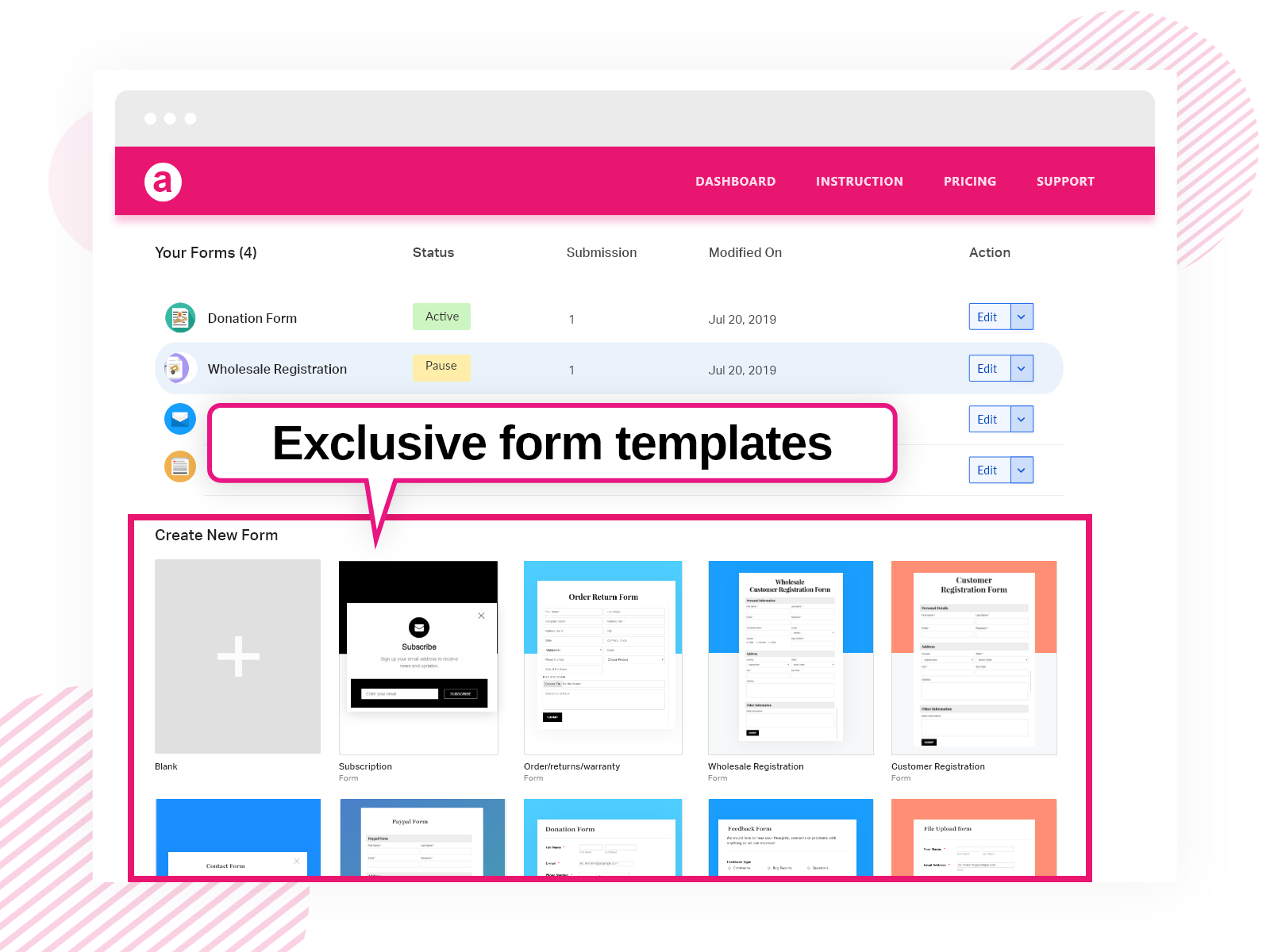

The only exception to this rule are custom apps, which only get access to a single Shopify store. During the review, the app is tested from the user's point of view. A review by Shopify is required for admission to the App Store. Shopify Apps can only be offered through the Shopify App Store, there are no alternative distribution options. One benefit of this approach is that troubles because of CMS updates usually can't come up.

In contrast to a plugin, an app is hosted by the app provider and the same (cloud) server usually serves all users of the app. This sounds very similar to a plugin at first, but has a significant impact on the basic functionality of an app in practice. Instead, the app serves as an external cloud service that communicates with Shopify via an application programming interface (API). Unlike plugins, Shopify apps are not permanently installed in a single web shop. Shopify's apps don't just differ from plugins in their names. App VS Pluginįor other shop systems, the term “plugin” is more common than the term “app”. We also want to make a concise effort to include the costs and how the process will look when you start an app development journey in an effort to help you understand how to build Shopify apps. In this blog post, we will share our vast experiences and deal with what it means to develop a Shopify app. We have extensive experience in developing Shopify apps – both through our own apps in the Shopify App Store and through projects with our customers.

This includes design elements for the front-end side or automation tasks and integrations with other software on the back-end side. There are thousands of apps, each one providing features to different parts of a web shop. Shopify Apps allow Shopify merchants to add more functionality to their Shopify online shop.


 0 kommentar(er)
0 kommentar(er)
